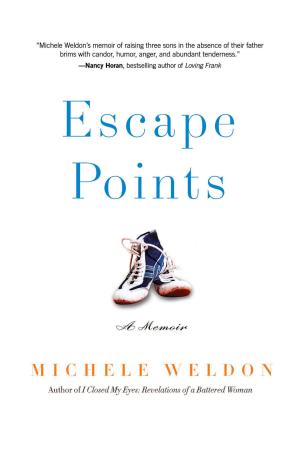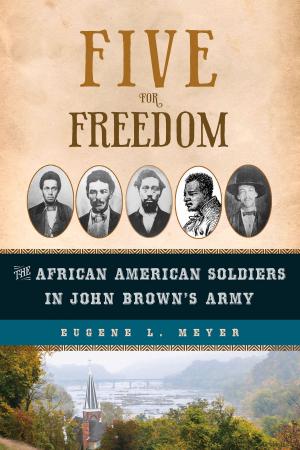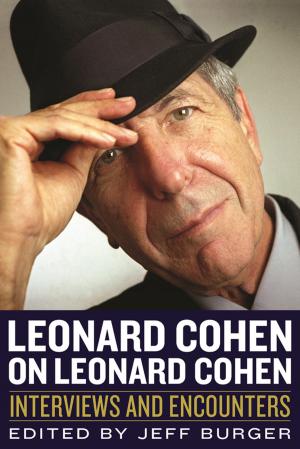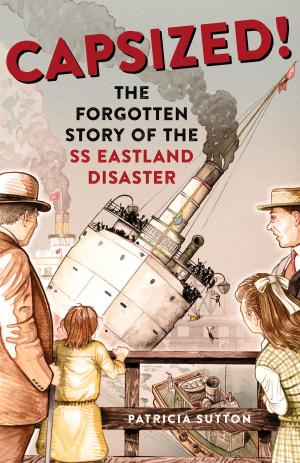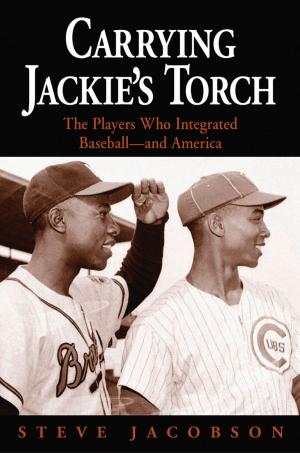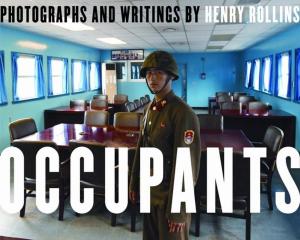Thurgood Marshall
His Speeches, Writings, Arguments, Opinions, and Reminiscences
Biography & Memoir, Reference| Author: | ISBN: | 9781613746400 | |
| Publisher: | Chicago Review Press | Publication: | July 1, 2001 |
| Imprint: | Chicago Review Press | Language: | English |
| Author: | |
| ISBN: | 9781613746400 |
| Publisher: | Chicago Review Press |
| Publication: | July 1, 2001 |
| Imprint: | Chicago Review Press |
| Language: | English |
Much has been written about Thurgood Marshall, but this is the first book to collect his own words. Here are briefs he filed as a lawyer, oral arguments for the landmark school desegregation cases, investigative reports on race riots and racism in the Army, speeches and articles outlining the history of civil rights and criticizing the actions of more conservative jurists, Supreme Court opinions now widely cited in Constitutional law, a long and complete oral autobiography, and much more. Marshall’s impact on American race relations was greater than that of anyone else this century, for it was he who ended legal segregation in the United States. His victories as a lawyer for the NAACP broke the color line in housing, transportation, voting, and schools by overturning the long-established “separate-but-equal” doctrine. But Marshall was attentive to all social inequalities: no Supreme Court justice has ever been more consistent in support of freedom of expression, affirmative action, women’s rights, abortion rights, and the right to consensual sex among adults; no justice has ever fought so hard against economic inequality, police brutality, and capital punishment.
Much has been written about Thurgood Marshall, but this is the first book to collect his own words. Here are briefs he filed as a lawyer, oral arguments for the landmark school desegregation cases, investigative reports on race riots and racism in the Army, speeches and articles outlining the history of civil rights and criticizing the actions of more conservative jurists, Supreme Court opinions now widely cited in Constitutional law, a long and complete oral autobiography, and much more. Marshall’s impact on American race relations was greater than that of anyone else this century, for it was he who ended legal segregation in the United States. His victories as a lawyer for the NAACP broke the color line in housing, transportation, voting, and schools by overturning the long-established “separate-but-equal” doctrine. But Marshall was attentive to all social inequalities: no Supreme Court justice has ever been more consistent in support of freedom of expression, affirmative action, women’s rights, abortion rights, and the right to consensual sex among adults; no justice has ever fought so hard against economic inequality, police brutality, and capital punishment.


